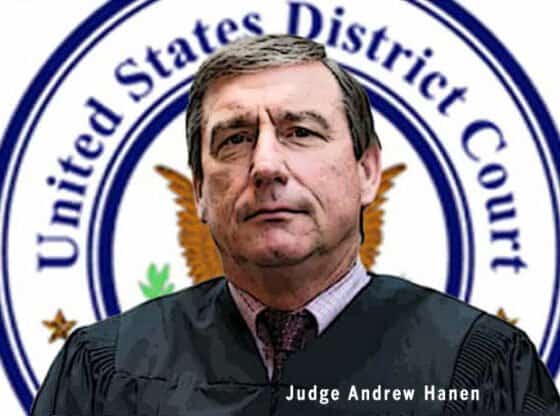The American Bar Association (ABA) is currently deliberating on a new regulation that would address freedom of speech concerns in law schools across the United States. This proposal emerges as academic institutions nationwide grapple with balancing the need for open discourse against concerns of discrimination and harassment.
The proposed provision, set to be included in the accreditation standards for law schools, seeks to ensure that these institutions uphold a commitment to freedom of expression and academic freedom. At the same time, the proposal emphasizes the need for law schools to maintain an environment devoid of discriminatory or harassing behavior.
Proponents of the change argue that a clear rule from the ABA could help law schools navigate the often complex terrain of free speech, particularly when it intersects with issues of discrimination. By offering a standardized guideline, schools might find it easier to manage debates and discussions that touch upon sensitive topics without stifling academic freedom.
Detractors, however, worry that such a rule could potentially inhibit the very freedom it seeks to protect. There’s a concern that if the rule is too stringent, it could inadvertently suppress controversial yet valuable discourse, essential for cultivating critical thought in budding legal professionals.
Additionally, some critics fear that the introduction of such a regulation might provide individuals with a means to raise complaints about perceived slights, potentially leading to frivolous claims that can detract from genuine issues of discrimination or harassment.
The ABA’s decision on the proposed rule carries significant weight, as their accreditation is highly sought after by law schools. An endorsement or accreditation from the ABA often signals to prospective students and employers that the institution maintains high academic and ethical standards.
As discussions continue, stakeholders on both sides of the debate are keenly watching for the final outcome, recognizing the potential ramifications it could have on legal education across the country.
The ABA has not yet set a definitive timeline for its decision on the proposed regulation, ensuring that this topic will remain at the forefront of discussions within the legal academic community for some time.










